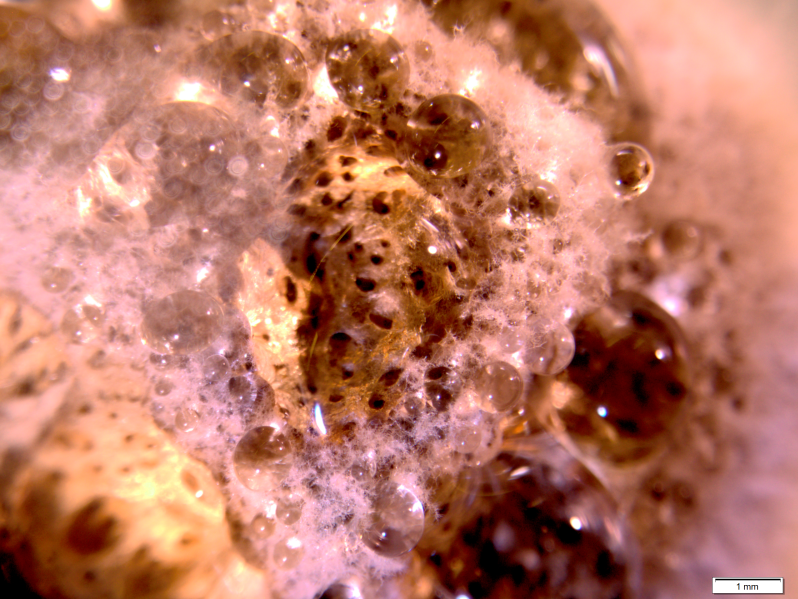Why Fungi?
Clue Genetics made a strategic decision to focus its initial work on the genomes of Fungi. Often referred to as the "5th Kingdom," this unique and ancient group of organisms remain relatively understudied but offer enormous potential for the fields of biotechnology and specialty chemistry (1, 2, 3) . Fungi comprise an extremely diverse group of organisms, which are found across an enormous range of habitats. This diversity has been fueled by more than a billion years of evolution, which has adapted fungi to successfully cope with environmental pressures including competition with other microbes, plants, and animals. Amongst such adaptations, fungal genomes have evolved specialized sets of genes encoding unique metabolites and enzymes, which in turn offers incredible possibilities for the development of new drugs, chemicals and other industrial products (2) . This is especially the case for pharmaceuticals; given that fungi, like humans, have a eukaryotic metabolism, they are more likely source of new therapeutic drugs than prokaryotes such as bacteria. Indeed, numerous widely used blockbuster medicines originated from fungi, including the well-known examples of penicillin and statin drugs. However, these are likely just the tip of the iceberg in terms of the overall potential of the Fungal Kingdom. Recent estimates suggest that the total number of fungal species on Earth is somewhere between 2.2 and 3.8 million (4) , and experts in fungal genomics regard this as "an enormous reservoir of untapped chemical products"(5).
Despite their incredible economic potential, to date, only around two thousand fungal genomes have been sequenced and published. A number of factors have contributed to this lack of attention; fungal strains are often difficult to handle and entities specializing in molecular biology typically lack the specialist mycological expertise needed to maintain and culture them. Additionally, fungal genomes are often large and complex, which hitherto made them costly to sequence and challenging to analyze. Nonetheless, recent reductions in the costs of sequencing and computation have increased the tractability of fungal genomics. With our expertise in mycology and bioinformatics, combined with our exclusive access to one of the world’s largest private collections of living fungi, Clue is uniquely positioned to spearhead a new era of large- scale functional genomics in this diverse Kingdom of organisms.
(1) Kendrick B. (2017). The Fifth Kingdom: an introduction to mycology. 4 th edition. United States: Hackett Publishing Company, Incorporated. (2) Hoyle D. et al. (2019). The amazing potential of fungi: 50 ways we can exploit fungi industrially. (3) Nasht S. and Talas A. (2018). The Kingdom: How Fungi Made Our World. Documentary film. (4) Willis, K. J. (ed.) (2018). State of the World’s Fungi 2018. Report. Royal Botanic Gardens, Kew. (5) Clevenger K. et al. (2017). Nature Chemical Biology 13, 895-901.
For more information:
contact@cluegen.com